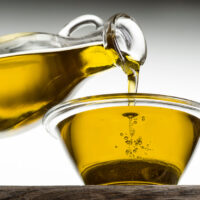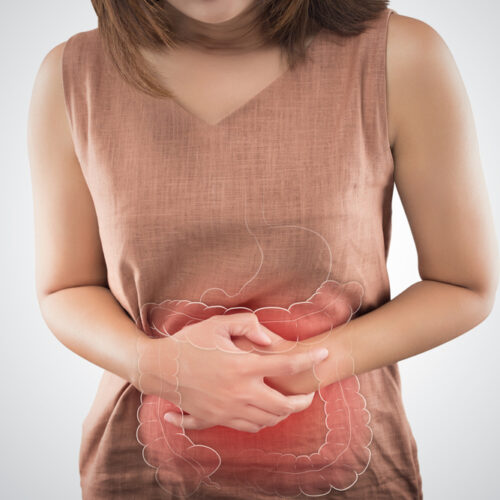Cancer: Foods to eat and avoid
A well-planned nutrition regime goes a long way in maintaining good health. It not only makes one fit but also reduces the risk of being diagnosed with cancers like chronic lymphocytic leukemia (CLL) and small lymphocytic lymphoma (SLL). While there isn’t a particular nutritional plan for the disease, an expert may recommend foods to boost the immune system.

Foods that increase cancer risk
Some foods to avoid being at risk of cancer are
Red meat
Quite a few labels use additives to preserve red meats like salami, ham, beef jerky, and sausage. Red meat is known to have carcinogens that are associated with colorectal and stomach cancer
Alcohol
Excessive alcohol consumption is linked with mouth, throat, esophagus, breast, liver, stomach, and bowel cancers. The risk of cancer when consuming alcohol varies among individuals.
Refine carbs and sugar
Regularly including refined carbs and sugar in one’s meals increases the risk of developing type 2 diabetes. One must avoid foods that have excess sugar and carbs as overconsumption can cause inflammation and oxidative stress.
Foods that lower cancer risk
These foods are highly beneficial for cancer prevention:
Olive oil
Olive oil contains oleocanthal and antioxidants that help in slowing or reducing the risk of cancer. Healthy consumption prevents breast cancer and the cancer of the digestive tract. Using Olive oil also prevents cardiovascular diseases.
Garlic
Garlic contains an active compound called allicin known to have anti-cancer properties. One study concluded that people who ate allicin vegetables were less susceptible to stomach cancer . Another research suggested that it reduced the risk of prostate cancer.
Broccoli
Broccoli has potent anticancer properties and contains glucosinolates that produce protective enzymes. These enzymes help in detoxifying harmful chemicals, consequently lowering the risk of breast, prostate, lung, colon, mouth, esophagus, and stomach cancer.
Medications
These two medications are prominent cancer treatment options:
Venclexta® (venetoclax)
This medicine inhibits a protein in cancer cells so that chemotherapy is not resisted by the body. Venclexta® is a relief option for CLL or SLL in adults taken in combination with rituximab. For acute myeloid leukemia, it is used in combination with azacitidine, decitabine, or low-dose cytarabine.
Nerlynx® (neratinib)
This is a kinase inhibitor used only if one tests positive for human epidermal growth factor receptor 2 (HER2) for metastatic breast cancer (MBC) in early or advanced stages. Nerlynx is a popular relief option for HER2 MBC individuals.











